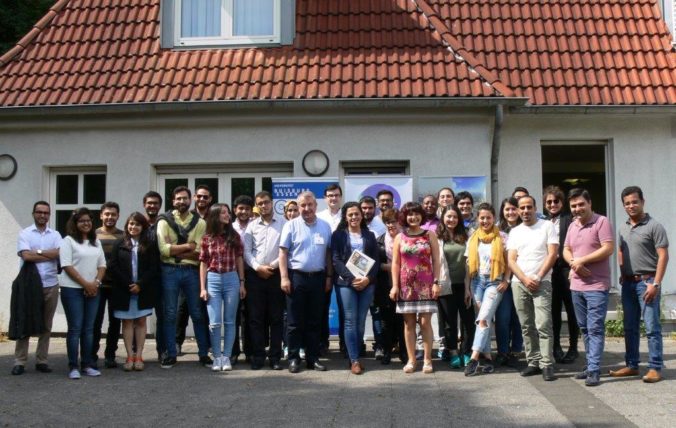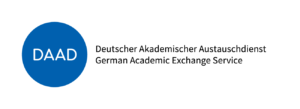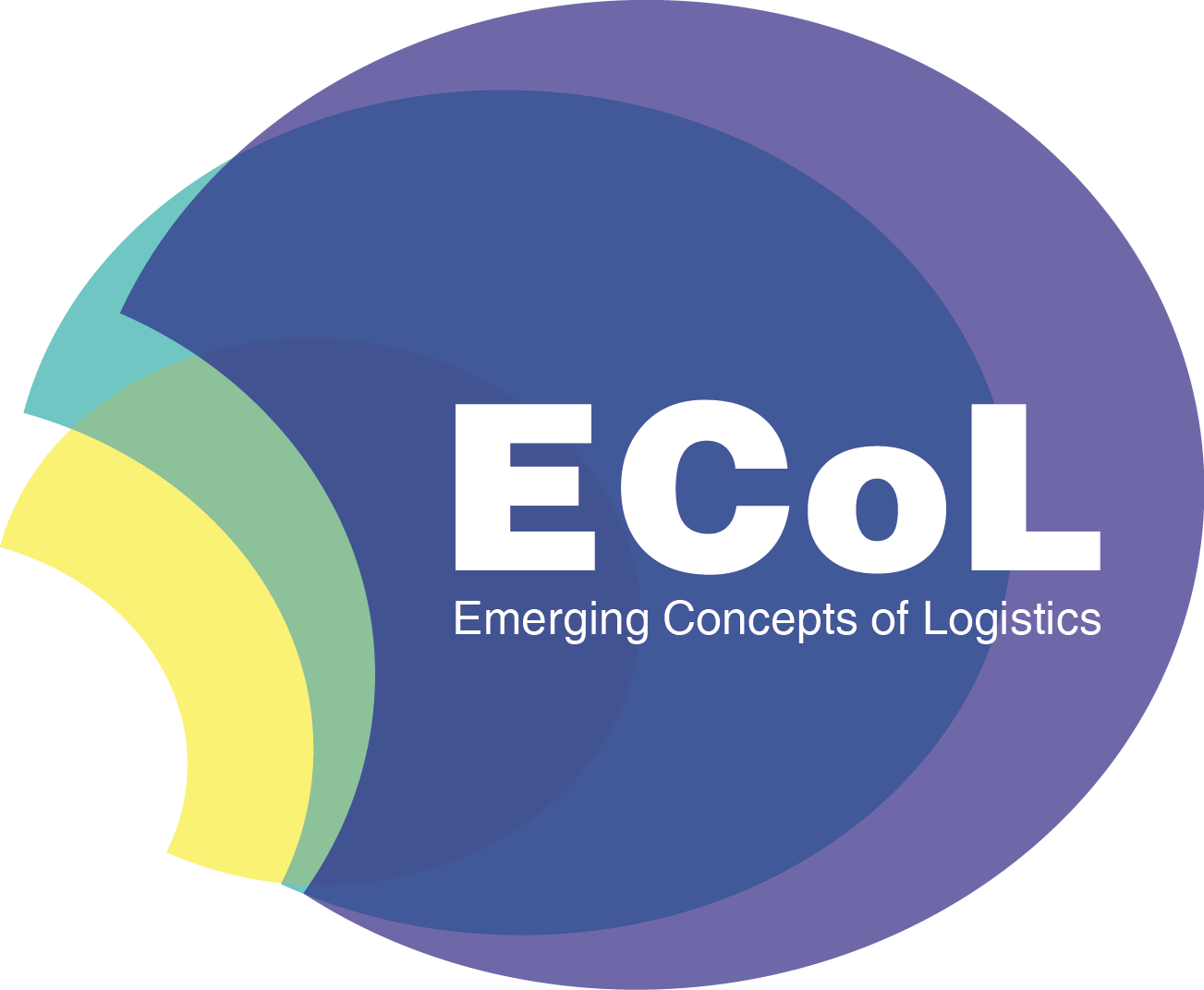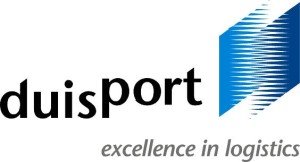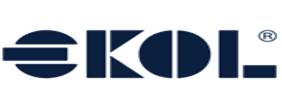What a success!
After six weeks full of different speakers on different topics, intensive group works, and commitments the postponed DAAD Virtual Summer School 2021 has come to an end on Friday, December 10, 2021.
This year’s transnational summer school was sponsored by the German Academic Exchange Service („Deutscher Akademischer Austauschdienst“ and organized by the Centre for Logistics and Traffic at the University of Duisburg-Essen, Germany, together with the Center for Sustainable Urban Development, Earth Institute, of the Columbia University (CU) in New York. The key topic of the summer school was sustainable mobility in metropolitan regions.
Initially planned for holding the summer school in August at the CU, it was held from November 5 to December 10, 2021, online due to the COVID-19 pandemic. The virtual format of the event made it easier for students, doctorate candidates, and post-docs from all over the world to participate. We could count 36 participants from 22 different countries!
Every Friday, there were many experts and speakers from science, industry, and the general public who gave talks about four different working fields and several case studies regarding
- Urban freight systems and global supply chains
- Business model innovations in transport and mobility
- Sustainable cities: low-carbon urban mobility and logistics systems
- Role of new technologies: electrifications, big data, new modes
Overall, we had 23 speakers who gave insights into the topic of sustainable mobility from different perspectives.
PD Dr. habil. Ani Melkonyan-Gottschalk who is the Executive Director of the Centre for Logistics and Traffic, took the active role of guiding the speakers and participants through all sessions with engaging questions and following up on group works. The lectures by the speakers were the basis and incentives for the participants to develop their own ideas in the working groups. Apart from that, the different academic backgrounds as well as the country of origin of the participants were a perfect basis for developing business model ideas for several countries such as Brazil, China, Ecuador, Germany, Ghana, Mexico, Singapore, and many others.
On the final day, every group presented their results. It was exciting to listen to the innovative ideas the groups came up with. However, at the end, the winner group was chosen by the jury with the focus on having the most interesting potential to be developed.
Group 4 was chosen as winner whose idea refers to new delivery methods and business operating models for a green last mile. The group members were from various countries all over the world which was a bit challenging to handle. As a prize, the group will be given the opportunity to publish their results in a scientific journal.
Dr. Jaqueline M. Klopp, the Co-Director Center for Sustainable Urban Development, Earth Institute, CU, took the role of awarding the certificates of participation. Each participant said some words of thank you and how useful the summer school was for them.
The organizers are excited about the fact which impact this summer school has had and which international networks could have been created by the participants within the six weeks. We are sure that these networks will be kept and consolidated in future projects. We wish the participants success for their future ideas which will have a positive impact on regional, national, or global level.
Watch the recorded sessions here: https://ecol-summerschool.net/programme-2021/
Follow the Centre for Logistics and Traffic on LinkedIN.
